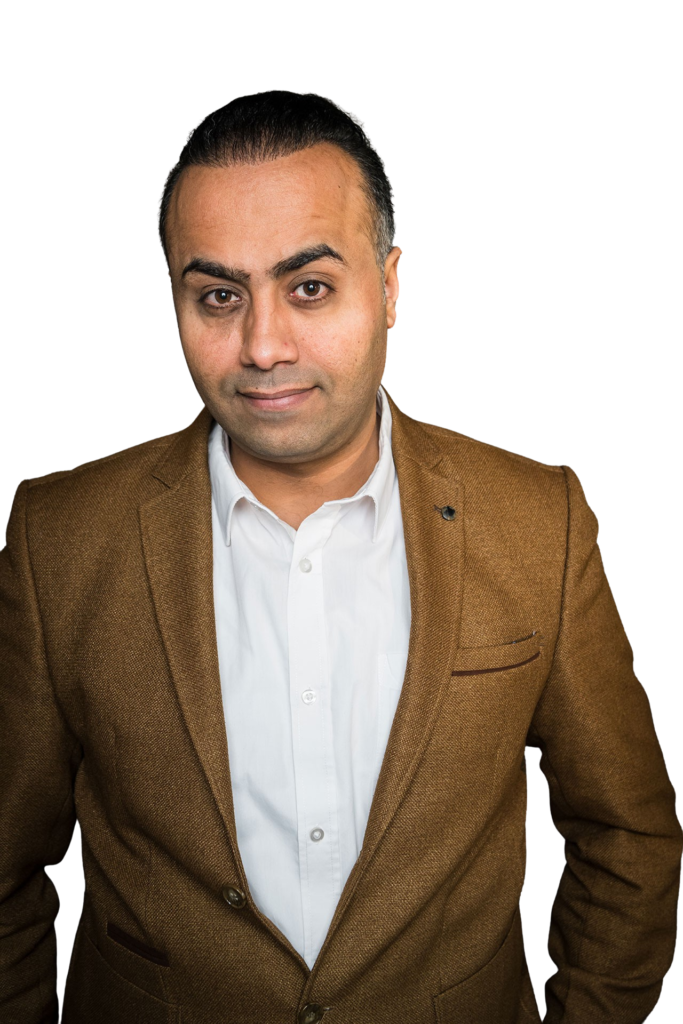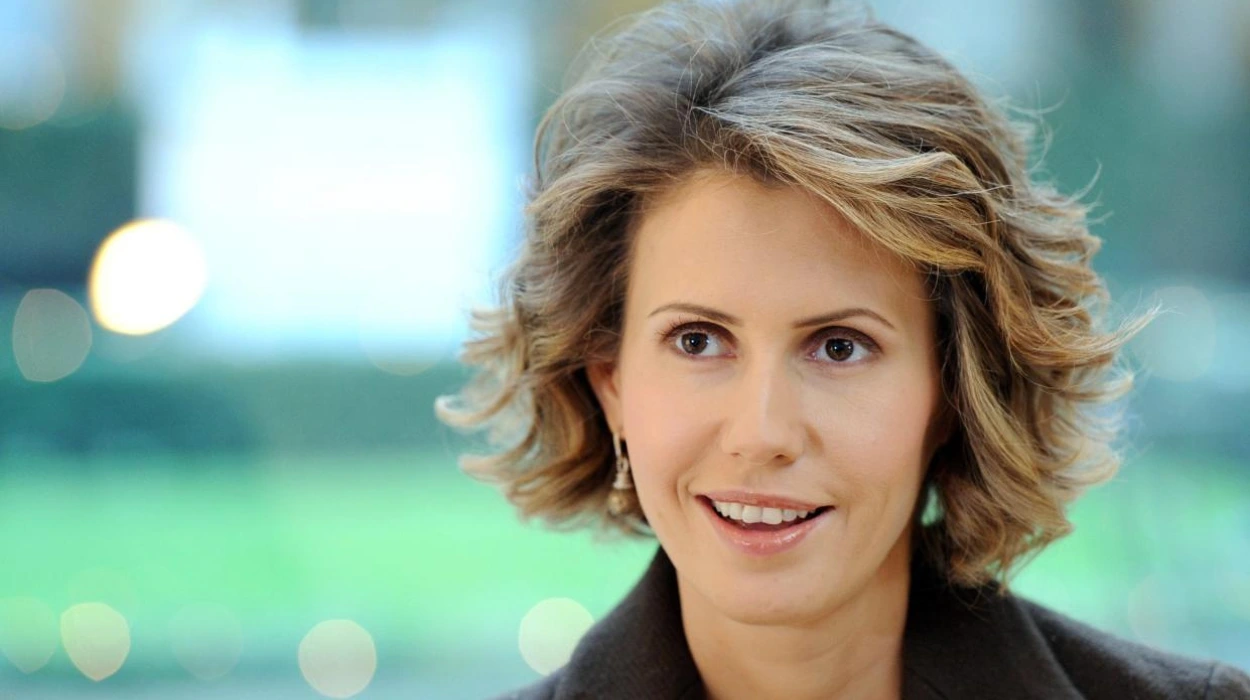Asma Fawaz al-Assad, born Akhras 11 August 1975) is a woman who has survived the best and worst of the strongest and the weakest sides of power. Married to Bashar al-Assad, former President of Syria, 2000–2024, Asma’s existence represents the synthesis of privilege, ambition, and notoriety. Born to Syrian parents in London, her story of transformation from potential investment banking greatness in the UK to the middle of quite the tumultuous Syrian political landscape has been noteworthy in many ways. Let’s find out more about the life of Asma Al Assad.
Early Life and Education
Asma was born to Dr. Fawaz Akhras, a cardiologist of some renown, and Sahar Akhras, a retired diplomat. The parents are Sunni Muslims, from Homs, which has deep cultural roots in Syria. She grew up at Acton, London, and went to Twyford Church of England High School before attending the very prestigious Queen’s College for girls.
Then she went to King’s College London to study computer science. She completed her Bachelor of Science degree in 1996. She received excellent preparation. Moreover, it later served to assist Asma in acquiring a positioning position in the finance and political jungle.
Growth in Politics
Asma was an accomplished figure within the finance sector before entering Syria’s political arena. She served as an economic analyst at Deutsche Bank, in which she managed hedge fund operations across Europe and East Asia. In 1998, she joined J.P. Morgan’s investment banking division, specializing in firms that were exposed to the biotechnology and pharmaceutical sectors.
Asma’s keen analytical mind, coupled with great business acumen, had fetched her accolades, and she was all set to leave for Harvard to do her MBA. But then a family vacation to Damascus in the year 2000 brought her in contact with Bashar al-Assad, a very distant acquaintance of the family. That changed plans dramatically.
Becoming Syria’s First Lady
Bashir al-Assad succeeded to the presidency of Syria in December 2000 following the death of Hafez al-Assad. In the same year, Asma married Bashar, throwing her into public limelight as the First Lady of Syria. No one had taken them out as it was so shocking since everybody knew that they loved each other.
Asma’s life in the West and her background as a Sunni brought with it hope that reforms would indeed be progressive within Syria. Asma traveled up and down throughout the country and visited more than 100 villages to understand what Syrians wanted, and that helped her build the Syria Trust for Development network of charitable organizations in the cause of education, women’s rights, and rural development.
Controversy and Political Turmoil
While initially viewed as reform-minded, Asma’s role in the Syrian political landscape quickly gained her many detractors. Her closeness to the regime was under a lot of criticism for being highly oppressive. In 2011, Vogue ran a fawning profile of Asma headlined “A Rose in the Desert,” making her sound like the ultimate insiderly progressive figure.
As Syria plunged into civil war, Asma said little. In 2012, when she finally spoke out to the international media, she said things that reinforced perceptions of her complicity in the regime’s actions and statements defending her husband’s leadership.
Revival and Political Interest
By 2020, Asma regained at least partial influence in Syria. Her nongovernmental foundation, the Syria Trust for Development, resumed its work, and a number of activists of this organization acquired membership in the parliament, which has raised her political status. However, fights with powerful figures like Rami Makhlouf have shed light on the power game inside the regime.
Observers have been speculating about Asma’s agenda. Her supporters argue that she was attempting to create a new position for herself as a substitute leader, in particular within the framework of the Sunni majority. Ex-insiders claim that from her previous fringe position, Asma had gained a central role within the Assad regime.
Legal Issues and Health Crisis
As of 2021, the Metropolitan Police in London launched an investigation into claims that Asma incited terrorist acts during the Syrian civil war. This adds another layer to her already very controversial legacy.
On the personal front, Asma has been battling serious health problems. In 2018, she was diagnosed with breast cancer and later this year announced that she was cured of the disease in 2019. However, in May 2024, acute myeloid leukaemia was discovered in her and she was taken out of public life.
The Fall of the Assad Regime
Assad was getting opposition, and the last one was Bashar al-Assad’s ousting on 8 December 2024. Politics and violence were getting hot, but Asma fled Syria to Russia with her three children in November 2024.
The UK government declared Asma unwelcome while she held dual citizenship. Asma’s exit marked the end of her twenty-year tenure as Syria’s First Lady in the most dramatic of ways.
Personal Life and Legacy
The marriage of Asma and Bashar al-Assad that promised reform in its early days ended amid political turbulence and international condemnation. The couple has three children, and Asma’s role as a mother sometimes dominated state-sponsored narratives meant to humanize the regime.
Behind all the scandals lies the story of a woman who navigated complex identities, powers, and aspirations. Her legacy remains highly divisive-to some an inspiration for early philanthropic efforts, to others, an accomplice to the regime’s atrocities that Assad carried out.
The Legacy and Controversy of Asma al-Assad
Life itself is the greatest symphony, very turbulent; the case of Asma Fawaz al-Assad in the present scenario stands as historical complexity within the contradictions and contrasts-from the promising career on London’s Wall Street to being the heart in the center of this regime currently being charged for war crimes committed against the Syrian nation.
Whether she is a reformist who lost her way or became an active member of her husband’s oppressive government, the Asma al-Assad story will constitute one of the more interesting pages in the story of the Middle East.












